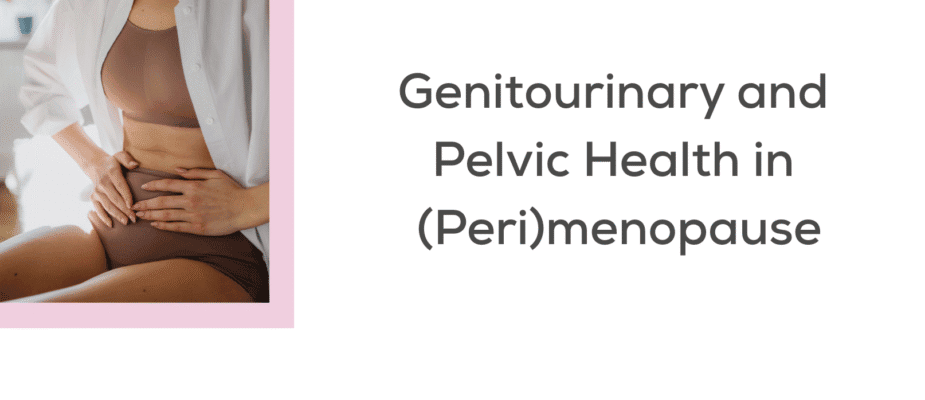By Vera Martins, PhD, ND, MAMH
Naturopath and Herbalist
Following Part 1 of Your Health and Happiness Toolkit – Co-existing with Covid, Part 2 explores the changes you can make to your diet to boost your immune system and overall health.
Our top 7 tips to boost your immune system:
Anti-inflammatory diet
Choose a diet with plenty of omega-3 including oily fish, whole grains, nuts and seeds, fresh herbs, a variety of fresh vegetables, and antioxidant-rich foods such as berries, green tea, and cocoa. Avoid refined carbohydrates and sugars, excessive intake of red meat, dairy, processed foods and alcohol
Ginger & Garlic
Include ginger and garlic in your diet as much as possible and at the first signs of infection prepare an infusion with fresh garlic, ginger and lemon juice – this makes a potent anti-viral, anti-microbial and anti-inflammatory drink. Drinking a daily infusion of fresh ginger is also recommended. Both ginger and garlic are known for their anti-bacterial and anti-viral properties
Fresh Thyme in your garden
Turn to your garden for fresh thyme, which also has a reputation of fighting viral and bacterial infections, particularly those of the respiratory tract. Add fresh thyme to soups, salads, roasts, or drink as a tea
Drink water & stay hydrated
Drinking 2.5 L water daily is recommended
Probiotic Foods
Introduce probiotic foods to your diet such as dairy kefir, water kefir, kombucha, sauerkraut, kimchi (even better if you can make your own). A healthy gut is vital for a strong immune system – did you know that around 70% of your entire immune system is located in the gut? For an extra boost, you may also consider taking a probiotic supplement with Lactobacillus paracasei CASEI 431*, the most researched probiotic that has been shown to reduce the duration of the cold and flu symptoms
Key supplements
The foundation supplements* for a strong immune system are: vitamin D, vitamin C and zinc. The link between immunity and vitamin D in particular is well known, with studies showing that people with low levels are more likely to develop infections, including those of the upper respiratory tract. It is recommended for everyone above the age of four to take 10 micrograms (400 IU) daily in the form of vitamin D3, however people with low levels may need a higher dose. If you would like to test your vitamin D levels, I recommend the following home test kit
Echinacea & Elderberry
Consider also taking herbs such as echinacea and elderberry* which have a long tradition backed up by scientific studies, of supporting the immune system helping the body fighting viral infections. They can be taken as a tea but for a therapeutic dosage capsules or a liquid extract are recommended.
*Before taking any supplement or herbal remedies, it is advised to seek help from a qualified medical professional, naturopath or herbalist, particularly if you suffer from a medical condition.
If you would like to discuss ways in which you can boost your immune system to help menopausal or perimenopausal symptoms, get in touch to book a FREE 15-min consultation with one of our doctors.




